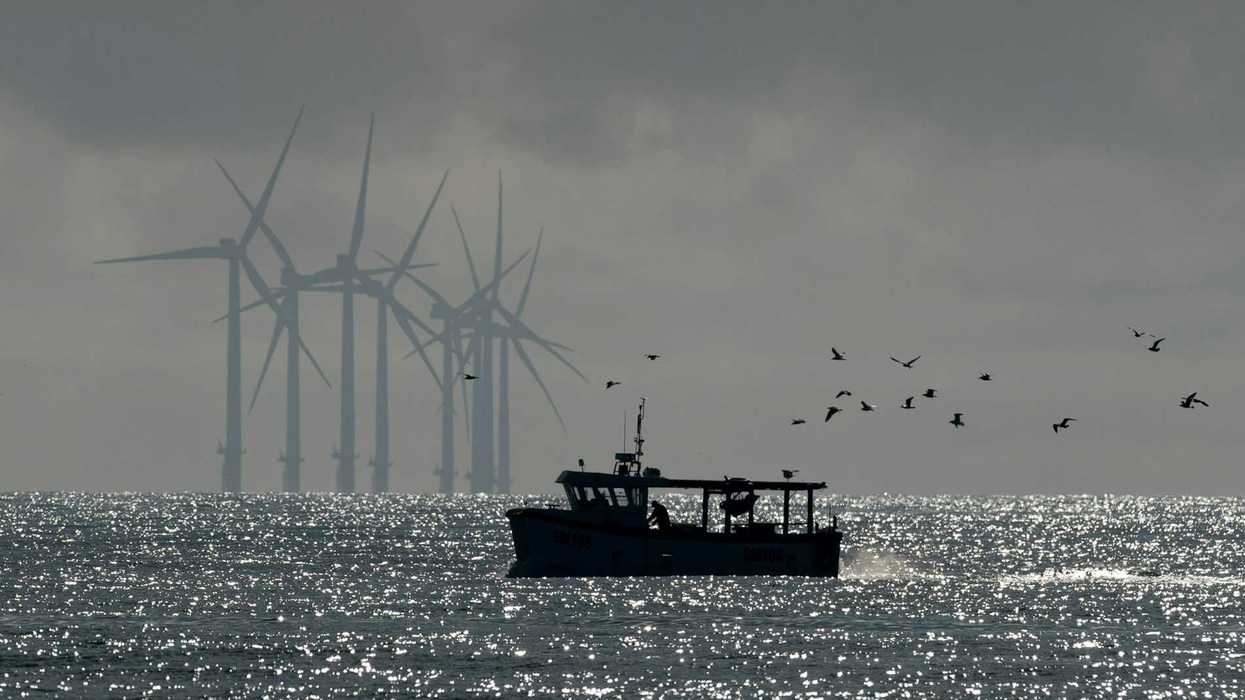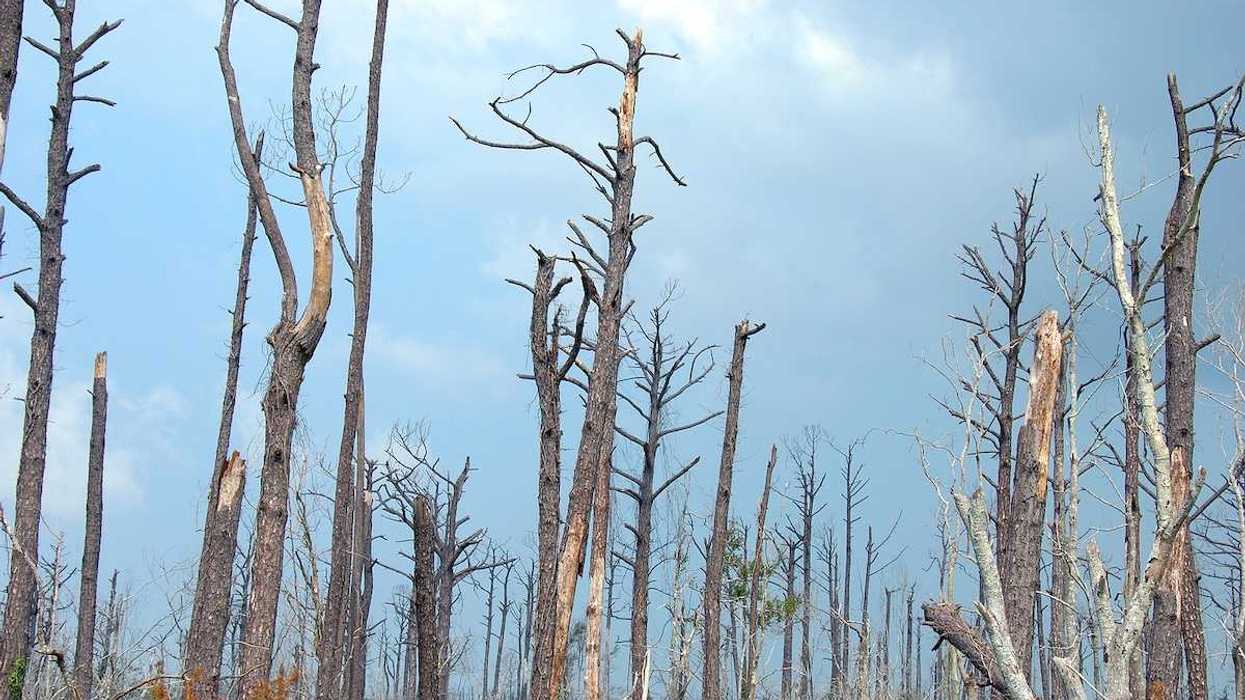In a bold move against climate change, Cape Town turns to cutting down invasive trees to save water.
Katharine Houreld reports for The Washington Post.
In short:
- Cape Town faces severe droughts exacerbated by climate change, threatening the city's water supply.
- Scientists have identified invasive tree species, such as black wattle, pine, and gum trees, as major culprits in depleting groundwater.
- Removing these trees is seen as essential to preserving the region's water resources and combating the effects of climate change.
Key quote:
“It was like trying to squeeze water out of a rock. We reduced pressure in the pipes until it was a trickle.”
— Linda Siyengo, civil engineer at Bulk Water Resource and Infrastructure Planning
Why this matters:
By addressing the invasive species problem, Cape Town is taking an important step toward securing its water future, highlighting the importance of adaptive strategies in the face of global environmental challenges.
3 promising new technologies could help send storm water to taps in thirsty cities like Cape Town.














